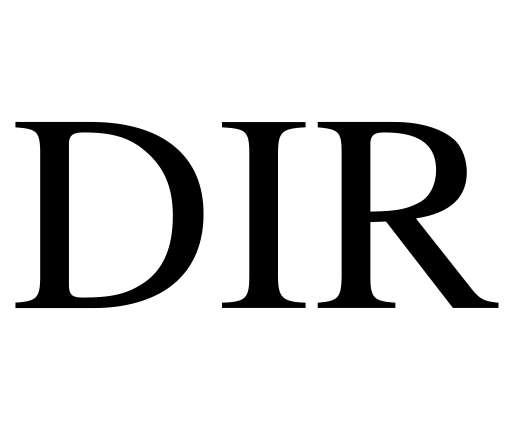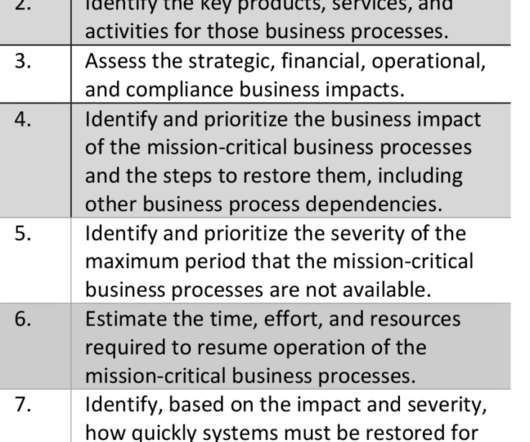GDPR Compliance Obligations: The relationship between Data Controllers and Third-Party Processors
AIIM
JULY 24, 2018
Three Critical Steps for GDPR Compliance. GDPR Compliance Starts with Data Discovery. There are a number of areas where GDPR strengthens compliance obligations and imposes additional legal liabilities. This is the 11th post in a series on privacy by Andrew Pery. Data Privacy and Open Data: Secondary Uses under GDPR.

























Let's personalize your content